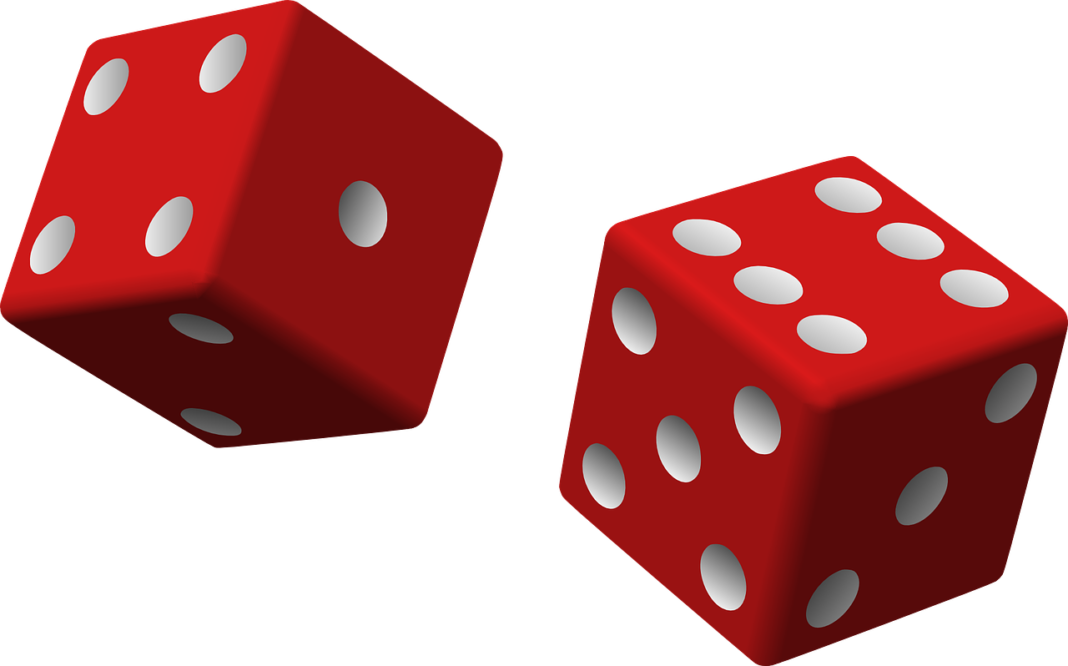
What is the number in your head right now? What about 100, or 1,00? If you thought that all odd numbers are prime, then you are not alone. While this may be true for some odd numbers (such as 3 and 7), it turns out that there is no rule for determining whether a number is prime or not based on how many digits it has. In this blog post we will talk about 13 steps to help determine whether any given number is prime! -Step One: Prime numbers have no factors other than themselves and one. For example, the number 17 is prime because its only factor is 17. The number 19, on the other hand, has two factors (19 and itself), so it is not a prime number. This may seem like an easy step to determine if a number is or isn’t prime; however there are some exceptions! -The first exception would be composite numbers that act as primes when they show up in multiplication problems with whole numbers. An example of this would be 12 x 12 = 144 which turns out to be prime when you multiply it by twelve instead of multiplying by any single digit from one through nine (which all turn out to give





